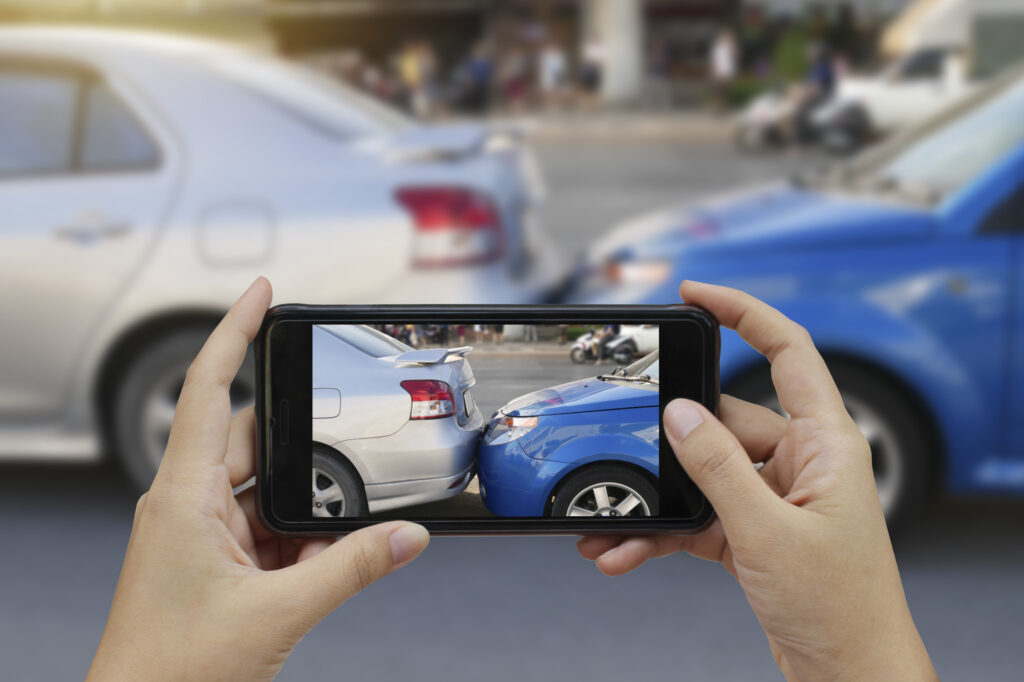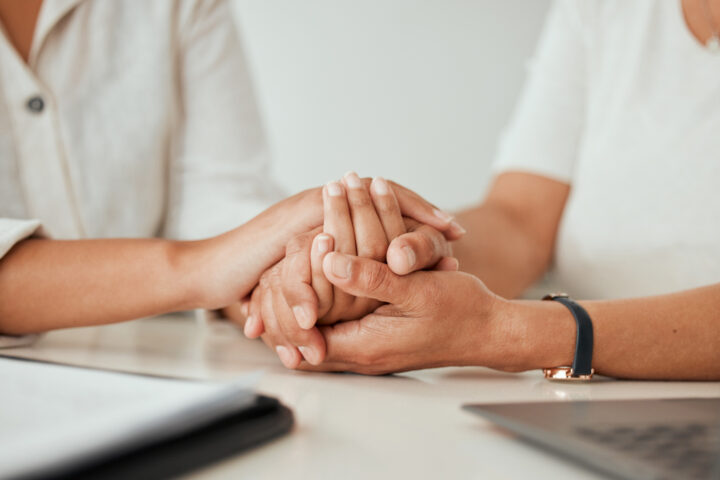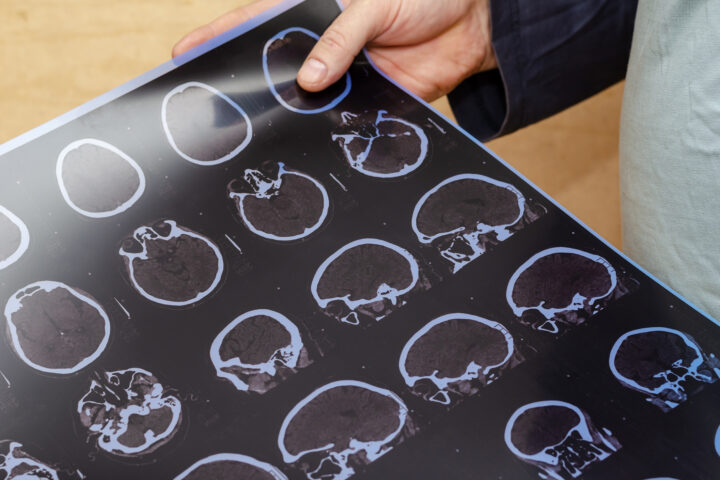
Like the rest of the nation, Orange County has seen its fair share of accidents in the wake of the COVID-19 pandemic. Last year was the deadliest year on record on our roads, with accident-related injuries climbing as well.
Though no one wants to think about what they’d do after a crash, it’s important to know what to do if an accident does occur. From crucial documentation to important phone numbers to call, here’s a car accident checklist you should keep in mind.
Move to Safety
First things first: if you’re on a highway or a road with high traffic and your car isn’t too damaged to function, move to safety. Though your impulse may be to snap photos of both vehicles in the place of the crash—which can be helpful—you should never risk your health to do so. This is also the time to put on your hazard lights.
If your car is on a quieter road, on the other hand, you may choose to leave it in place.
Call the Police
Next, call the police to inform them of the crash and to have them dispatch an officer to take an accident report. You should do this regardless of the injuries or damages involved in the accident, and you should also do it even if the other driver wants to “work things out” between the two of you.
Getting a police report can be crucial to your case. This document comes from a neutral party and acts as an objective record of the accident and the apparent damages and injuries. Without it, your case may evolve into a more complicated “I said, they said” situation in which the truth is hard to prove.
Note that in the state of California, the police officer won’t give you the police report on the scene. Instead, you’ll need to request a copy by mail, email, or fax from the precinct in which the report was filed.
Watch What You Say
While you’re on the scene, be careful what you say: the wrong wording can destroy your case. This is true from the moment you step out of your car to speak to the other driver, but it also applies to your interactions with any police officers on the scene. Here are a few things to avoid saying:
- Do not apologize for anything related to the accident or admit fault.
- Do not admit to breaking any traffic rules, such as running a red light.
- Do not admit to distraction, fatigue, or any other impairment.
- Do not state that you are uninjured, as you may have car accident injuries whose symptoms haven’t yet appeared.
- Do not yell at or blame the other driver.
- Do not make statements implying that the damages to your vehicle are minimal.
Aim to be matter-of-fact in all of your interactions, especially as you continue with the next steps below.
Document the Accident Scene
While you’re waiting for the police officer to arrive, take some time to document the accident scene. Photo and video evidence can be great objective evidence to build your case. Here’s what you should document:
- Any injuries you’ve received, including bruises, scrapes, and lacerations.
- The location of the accident, including the intersection, road conditions, and nearby traffic signals.
- Any damages to both vehicles.
- Car documents such as the license plate, driver’s license, and insurance information of the other driver.
- The other vehicle and driver, especially if you notice anything that shows the other driver’s fault, such as alcohol in the vehicle.
Remember to pay attention to nearby traffic as you take photos, and be sure to back up the photos and videos as soon as possible.
Gather Contact Information
If you’ve taken photos of the other driver’s license or car insurance, you’ll have some basic information like their address. However, don’t forget to exchange phone numbers and email addresses as well.
In addition, if you’ve seen any bystanders who saw what happened, approach them to ask for their contact information. As witnesses, they may be able to back up your side of the story.
Write Down What Happened
Though you might think it’s impossible to forget the details of a traumatic incident like a crash, you’d be surprised. Memories are notoriously fallible after traumatic or emotional events, and you may later find it hard to recall details that could help your case.
Take some time to jot down everything you can remember about the accident, including information the information below:
- What happened chronologically from your point of view?
- What was the weather like, and how were the road conditions?
- Did you notice anything significant about the other car or driver?
- Did you feel any injuries, including twists or blows?
- What did the other driver or any witnesses say about the accident?
Write down this information as soon as you can, and continue keeping a record of this information as you build your case. Details about the progress of your injuries or phone calls with the other driver may become important later.
Call Your Insurance Agent
Once the dust settles, get in touch with your insurance provider to start your claim. They can walk you through the next steps of the process. If everything goes smoothly, your insurance company will validate your claim and offer appropriate compensation.
Contact a Car Accident Lawyer
Though we all hope for the best, the truth is that the aftermath of a car crash can be complicated—and things don’t always go our way.
Getting in touch with a lawyer can help ensure that you’re getting the compensation you deserve, even when things get tricky. From negotiating with stubborn insurance agents to filing a lawsuit on your behalf, an attorney can help you prepare a successful case. Make sure you’re working with a local expert who specializes in car accidents.
Keep This Car Accident Checklist in Mind
Whether you’re reeling from a recent crash or brushing up on the best practices just in case, the car accident checklist above can give you a leg up after a collision.
Don’t struggle with stress and overwhelm alone. Our experienced legal team can help you handle your insurance claim, repairs, medical treatment, and legal case. To get the maximum compensation you deserve, reach out to us today.


